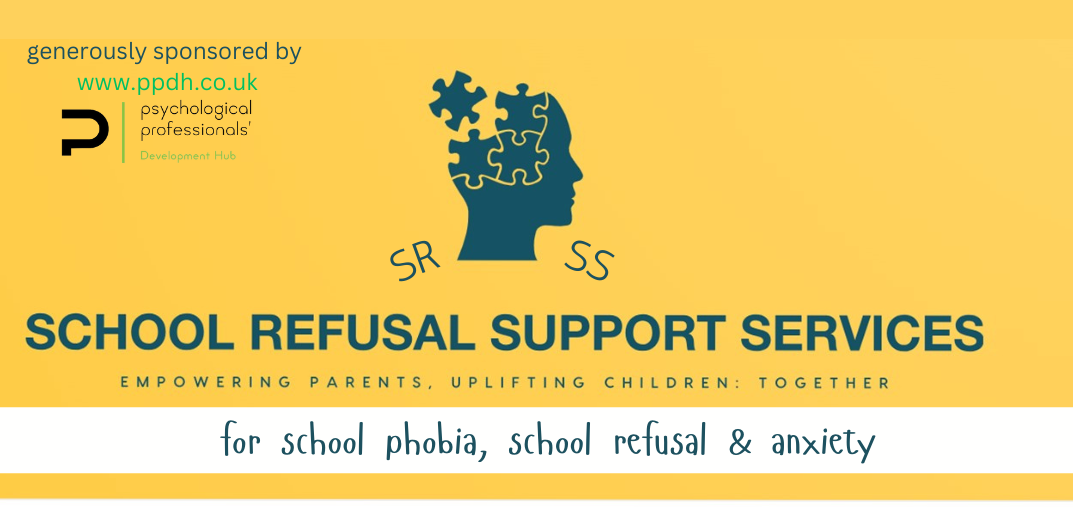
What the Government Say .........
Overview
You must make sure your child gets a full-time education that meets their needs (eg if they have special educational needs). You can send your child to school or educate them yourself.
Children must get an education between the school term after their 5th birthday and the last Friday in June in the school year they turn 16.
If your child is unexpectedly missing from school and the local council thinks you’re not giving them home education, you’ll be contacted by the school or the council’s educational welfare officer. They’ll contact you even if your child is only missing for a day.
You can be prosecuted if you don’t give your child an education. You’ll normally get warnings and offers of help from the local council first.
You can get education and attendance information from your council.
When your child can miss school
You can only allow your child to miss school if either:
- they’re too ill to go in
- you’ve got advance permission from the school
There’s extra support available if your child can’t go to school for long periods because of a health problem.
Illness and your child's education
There are minimum standards of education and support for children who can’t go to school because they’re ill or injured.
If your child can’t go to school
If your child can’t attend because of illness or injury, your school and local council will provide support to make sure their education doesn’t suffer.
The school’s role
The school should:
- have a policy and person responsible for pupils who can’t go to school for health reasons
- let the local council know if your child is likely to be away from school for more than 15 working days
- give the local council information about your child’s needs and capabilities and a programme of work
- help them reintegrate at school when they return
- make sure they’re kept informed about school events and clubs
- encourage them to stay in contact with other pupils (eg through visits or videos)
The local council’s role
If your child’s going to be away for a long time, the local council will make sure they get as normal an education as possible. This could include arranging:
- home teaching
- a hospital school or teaching service
- a combination of home and hospital teaching
Local councils should have a senior officer in charge of the arrangements and a written policy explaining how they’ll meet their responsibilities.
The local council is also responsible for making sure your child:
- isn’t without access to education for more than 15 working days
- has access to education from the start of their absence if it’s clear they’re going to be away from school for long and recurring periods
- gets an education of similar quality to that in school
- gets their minimum entitlement of 5 hours teaching per week, as long as their health allows
a b c d e f g h i j k l m n o - Do not remove from template!!! it is important to support different fonts
© Registered. K.S. Mawson 2024 . All Rights Reserved
